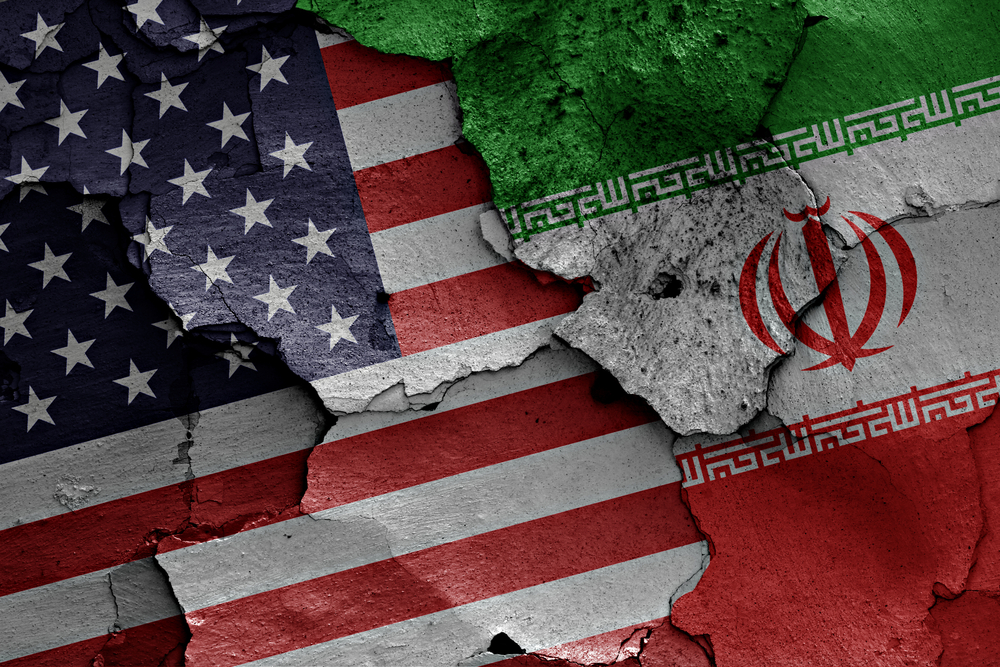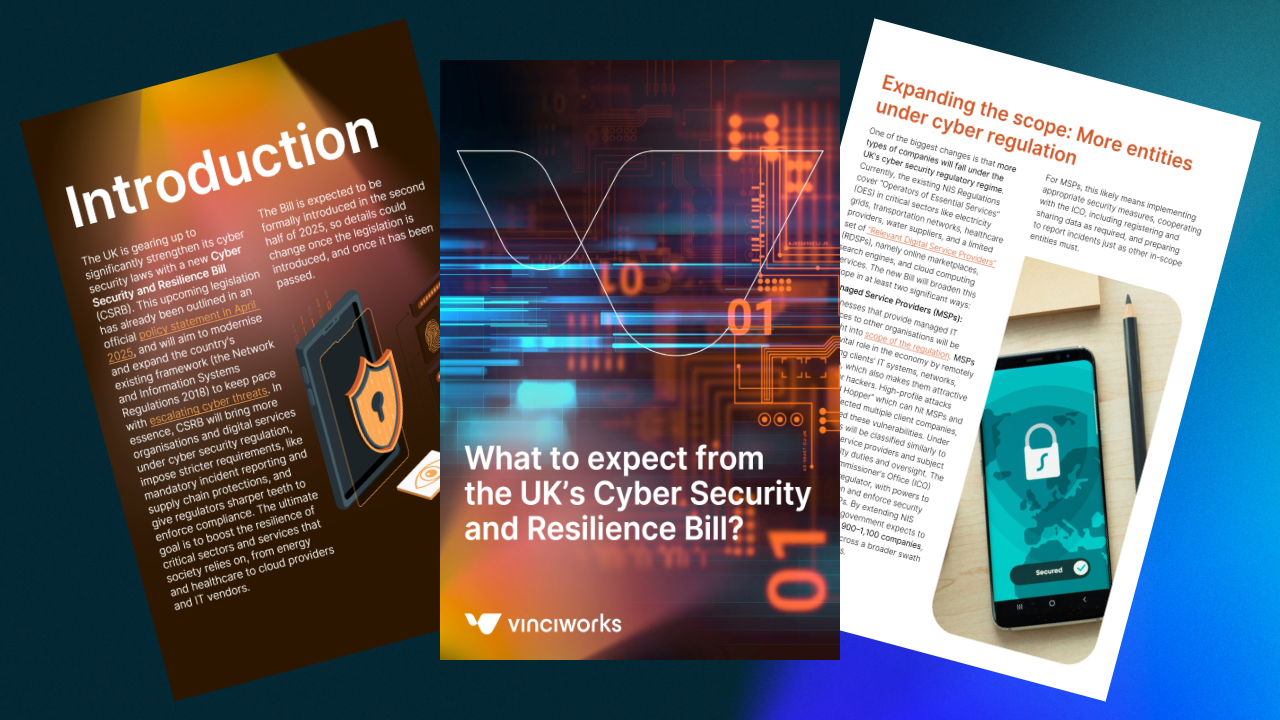
What Sanctions Have the US Imposed on Iran?
On Monday August 6, the US reimposed the first round of trade sanctions against Iran that had been suspended following the 2015 international nuclear agreement (Iran Deal). The sanctions officially ‘snapped back’ at one minute past midnight on Tuesday.
The reimposition of sanctions means Iran is prohibited from using US dollars in the global market. US trade in Iranian cars and Iranian metals are banned. Furthermore, permits allowing the import of everyday goods from Iran to the US, from Persian rugs to pistachios, have been revoked. Iranian companies can no longer even get a license to buy US-made commercial aircraft parts.
Senior officials in the Trump Administration presented this radical change of policy as seeking to change the Iranian government’s behavior. This comes as President Trump threatens European countries who are committed to upholding the Iran Deal. Meanwhile, France, Germany and the UK are seeking to nullify any US action against European firms doing business with Iran, while the Iranian government says the US withdrawal frees them to resume nuclear weapons production.
The European Union responded by implementing a Blocking Statute in support of the Iran Deal. It forbids EU residents and companies from complying with the listed legislation unless they are exceptionally authorized to do so by the Commission, allows EU operators to recover damages arising from that legislation from the persons or entities causing them, and nullifies the effect in the EU of any foreign court rulings based on it.
The rapid change of pace has left most of the world reeling. Anyone involved in any facet of international trade; from lawyers to shipping companies, banks to nut traders, are scrambling to figure out when the latest saber-rattling will translate into concrete policy. The only constant in the current climate is that of change. With every tweet from Washington, Tehran or Berlin, another industry faces falling foul of the latest international sanctions.
The cornerstone of international relations theory is the rationality of actors. What kept the world from descending into nuclear war during the Cold War was the concept of Mutually assured destruction. As flawed as it was, it kept the tenuous peace due to the fact that irrational behavior would beget irrational behavior. International actors were generally kept within a defined set of boundaries to prevent escalation of any crisis into nuclear conflict; the ultimate arbiter.
What has defined the post-Cold War era of sanctions policy is defining the rational behavior of international actors. Sanctions have been used as a tool to reinforce rational behavior and punish irrationality. Hence, asset freezes on warlords and rogue states were designed to reduce irrationality and promote international order.
In 2015 the Iran Deal was heralded as a turning point in international relations. A validation that sanctions can work to change behavior, and that will result in rapprochement. The world in 2015 used sanctions to punish aggressive behavior by Russia and attempted to reign in North Korea’s own nuclear ambitions.
The scope of sanctions in 2018
Sanctions in 2018 have taken the reverse role. Rapprochement with Iran is out, but in with Russia. The Trump Administration, for whatever reason, is attempting to ease sanctions on Russian companies and ‘move past’ the punishment of Vladimir Putin for invading Crimea and working to undermine democracy in the West. North Korea, despite little evidence of change in its nuclear programme, has been rewarded with previously unthinkable high-level contacts with senior US administration officials, as well as a one-on-one sit down with President Trump.
Ironically, the only constant in sanctions remains “change”, which will likely continue into 2019 and beyond. The immediate future of sanctions will see the continued divergence between the US and Europe, and the UK will turn into a third factor from what only a few years ago was a united front. The Sanctions and Anti-Money Laundering Act passed by the UK Parliament in 2018 gives the UK the power to set its own sanctions regime when Brexit takes effect next year. With the UK actively seeking international trade deals, particularly with the United States, while no longer tethered to the policy objectives of Brussels, it will be up to the British government to decide whether to follow the lead of Washington or Berlin. Will the UK join the US in backing out of the Iran Deal? Even if it doesn’t, will it stand with European allies against US retaliation for companies that wish to do business with Iran?
In light of this, the constant here may not only be identified as change, but rather chaos.
Free guide to US sanctions on Iran
VinciWorks has published a short guide to the sanctions that were reimposed on Iran. The guide explains the implications US sanctions on Iran have on businesses across the globe, compliance with the EU Blocking Statute and how to ensure your business is complying with the latest sanctions and regulations.
New online sanctions training

There has never been a more vital time to train your employees on sanctions. VinciWorks’ new course, Sanctions: Know Your Transaction drops users into a set of immersive scenarios to test their knowledge, understanding and ability to comply with sanctions law. The course is suitable for all types of users in an organization, from rookies to veterans, and includes a unique course builder at the start, so every user completes their own personalized course, individually tailored to their training requirements.
The course includes detailed and up-to-the-minute information on changes to the Iran Deal and expanded sanctions on North Korea. Because the information is always updated, you never have to worry that staff don’t have access to the latest sanctions information.
Other sanctions compliance tools
A sanctions knowledge check – a five minute micro course designed to immediately test and score sanctions knowledge while giving users instant feedback – is also available to use both as a refresher course, or a tool to assess who needs to be trained and when.
A sanctions policy template – updated for new European regulations that dramatically expanded the number of business required to comply with sanctions law – is also available to download and customize to suit your organization.













